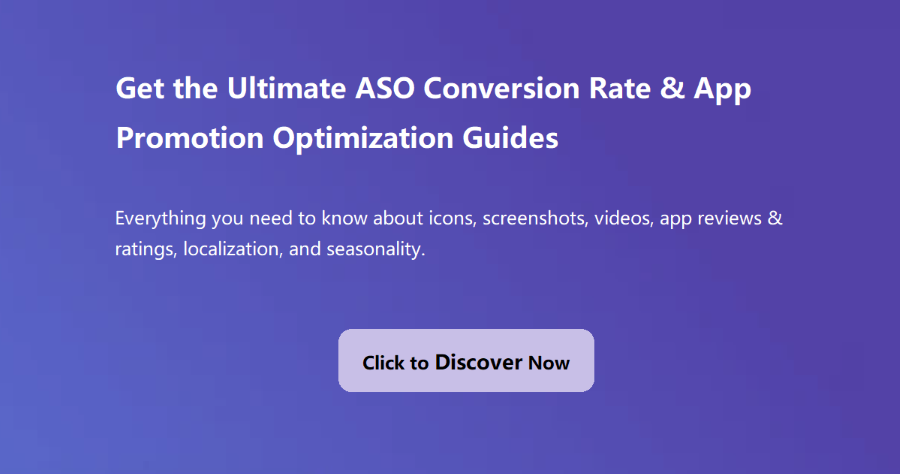In an era where mobile apps can reach global audiences at the touch of a button, internationalization has become a crucial step for developers looking to expand their reach. This guide will provide a comprehensive understanding of mobile app internationalization, differentiate it from localization, discuss its importance in the development lifecycle, and explain why it's essential for your app's global success.
What is Mobile App Internationalization?
Mobile app internationalization is the process of designing and building an app to facilitate easy localization for different languages and regions without the need for engineering changes. It involves abstracting all the locale-specific elements from the core app code.
- Prepare for Diverse Languages and Cultures: Implementing internationalization involves using Unicode for character encoding and ensuring that your app's layout can accommodate different text directions and lengths.
- Consider Local Formats and Standards: Date formats, currency, measurement units, and other locale-specific standards should be adaptable within your app's framework, making it ready for a global audience.
What is the Difference Between App Localization and Internationalization?
While often used interchangeably, app localization and internationalization are distinct processes.
Internationalization: The Foundation
Think of internationalization as the architectural design of a building—it's the structure that allows for the addition of unique elements without altering the foundation.
Localization: Adding the Details
Localization, on the other hand, is like interior design—it's the process of adding cultural and language-specific elements to the app, such as translations and local content.
Does Mobile App Internationalization Need to Be Planned Before Development?
The short answer is yes. Internationalization should be part of your app's initial design and development process.
Why Early Planning Matters
By planning for internationalization from the outset, you avoid costly and time-consuming reworks. It's much easier to build a flexible framework from the beginning than to retrofit an existing app.
Future-Proofing Your App
Even if immediate plans don't include multiple markets, designing with internationalization in mind ensures that your app is ready to scale globally when the time comes.
Why Should I Internationalize My App?
Internationalization is not just about reaching more users—it's about tapping into new markets and maximizing revenue potential.
- Broaden Your Market Reach: Internationalizing your app opens doors to millions of potential users who may not speak your app's original language, dramatically increasing your addressable market.
- Compete on a Global Scale: As app stores become more crowded, internationalization can give you a competitive edge by showcasing your app's adaptability to diverse user bases.
- Enhance User Experience: A well-internationalized app can provide a seamless user experience for customers worldwide, fostering loyalty and positive word-of-mouth.






